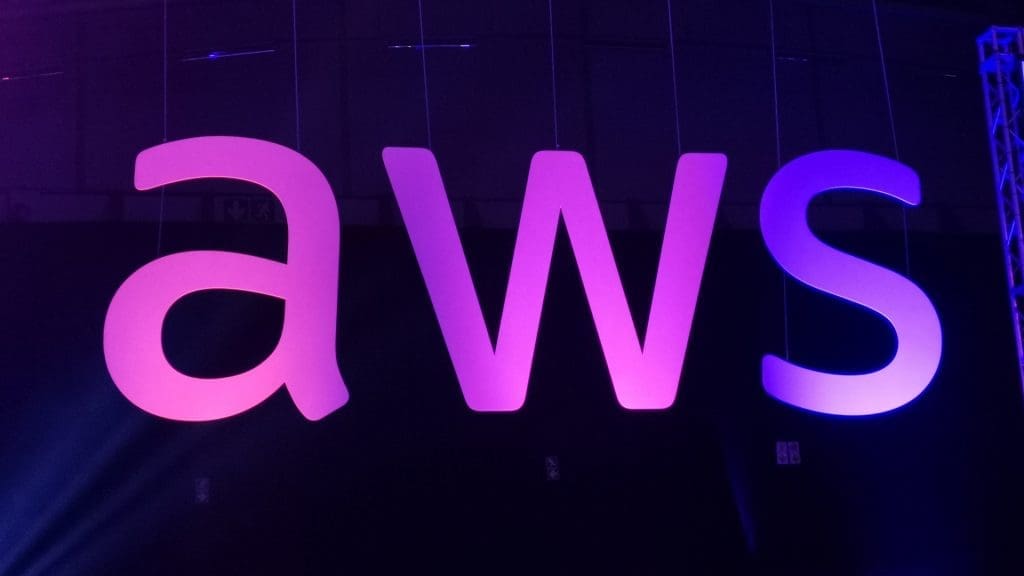Here is some exciting news for businesses that require single-digit latency for their applications – AWS has announced that it intends to expand its AWS Local Zones to include 30 new locations.
This expansion should take place over the next two years and AWS Local Zones will be located in Amsterdam, Athens, Auckland, Bangkok, Bengaluru, Berlin, Bogotá, Brisbane, Brussels, Buenos Aires, Chennai, Copenhagen, Delhi, Hanoi, Helsinki, Johannesburg, Kolkata, Lima, Lisbon, Manila, Munich, Nairobi, Oslo, Perth, Prague, Querétaro, Rio de Janeiro, Santiago, Toronto, Vancouver, Vienna, and Warsaw.
AWS Local Zones allow customers to use core AWS services locally while seamlessly connecting to the rest of their workloads running in AWS Regions with the same elasticity, pay-as-you-go model, application programming interfaces and toolsets
So why is AWS expanding this reach? Quite simply, there is an increase in demand from businesses who wish to have AWS infrastructure closer to their customers. Closing this gap allows companies to offer customers solutions such as cloud gaming, as well as better experiences in regards to video streaming, content creation and augmented and virtual reality and more.
“The edge of the cloud is expanding and is now becoming available virtually everywhere,” vice president of Infrastructure Services at AWS, Prasad Kalyanarama said in a press release.
“Thousands of AWS customers using U.S.-based AWS Local Zones are able to optimise low-latency applications designed specifically for their industries and the use cases of their customers. With the success of our first Local Zones in 16 US cities, we are expanding to more locations for our customers around the world who have asked for these same capabilities to push the edge of cloud services to new places,” the VP added.
AWS Local Zones are also likely to attract new customers, particularly those who have to abide by data residency laws. Having local infrastructure from AWS that enable low-latency applications is a very attractive prospect we’ll admit.
Many big name businesses already make use of AWS Local Zones including Netflix, FOX and Supercell.
What we’re curious to see is how Africans use this infrastructure. Low latency connectivity is incredibly important for mission critical tasks. We’d love to see solutions such as remote mining coming to the fore on the back of AWS’s expansion but we’re also aware that solutions like that really require less than 1ms latency to be viable.
That having been said, AWS Local Zones should help bring Africa closer to the rest of the world in terms of technological capabilities and we fully support that.
You can read more about AWS Local Zones here.

